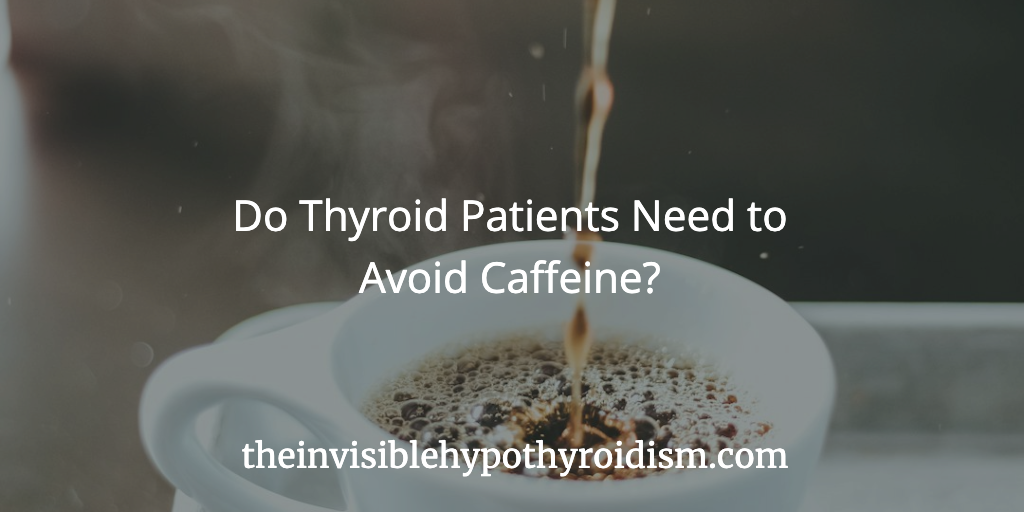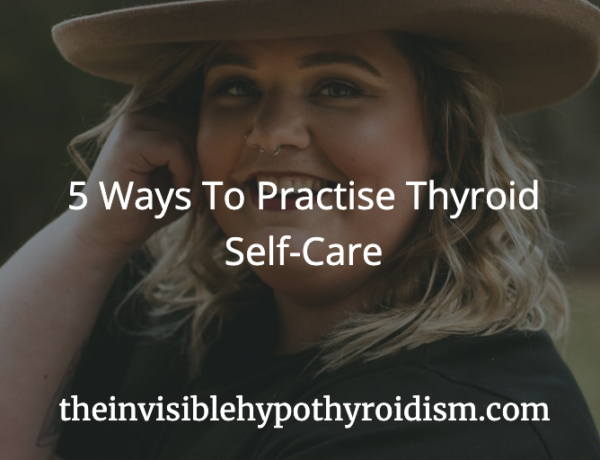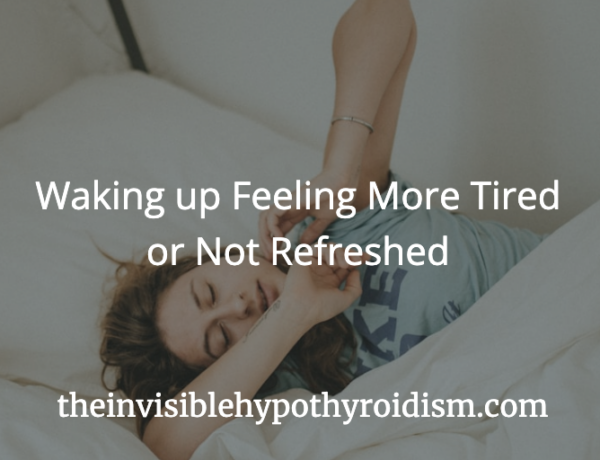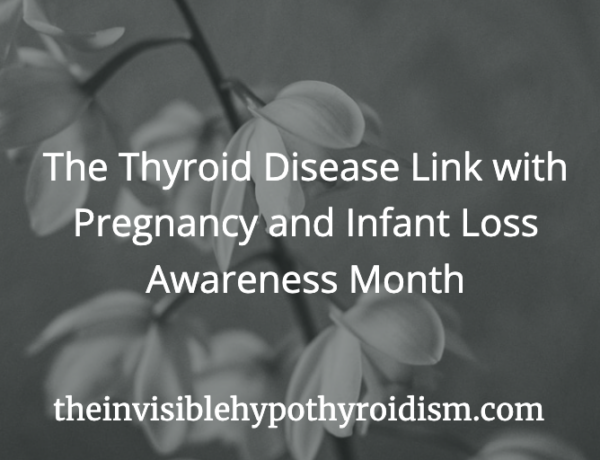Originally published on 10th October 2016 Last updated on 3rd July 2024
If you have a thyroid condition, adrenal dysfunction, trouble sleeping or anxiety, it may be worth exploring your caffeine use.
I am one of the many thyroid patients who feel much better caffeine-free or limiting their caffeine, but does it mean that you also need to avoid it?

1. Does it Affect How Much of Your Thyroid Medication You Absorb?
It is well reported that caffeine impacts the absorption of thyroid medications such as Levothyroxine and Armour Thyroid (an NDT medication), which is why thyroid patients need to wait at least an hour after taking their T4 medication before drinking any tea or coffee. [1]
To get around this, a popular solution is to take T4-only medications such as Levothyroxine at night, so you can have your cup of tea or coffee as soon as you like in the morning.
In fact, some studies have shown that taking Levothyroxine at bedtime may improve absorption. It allows for you to have your morning cup of coffee without it affecting your thyroid medication. [2]
2. Does it Impact Your Blood Sugar Stability?
Caffeine increases our blood sugar levels when consumed (although virtually all food and drink does), but if it is increasing it by a lot, then these blood sugar spikes can cause cortisol to shoot up too, which can exacerbate Hashimoto’s and adrenal dysfunction. [3]
If you feel nauseas, shakey and not well following your cup of coffee in the morning, it could be a sign of these effects, so you may consider switching to decaf or seeing if consuming it with a breakfast high in protein and fats solves the issue. After all, this balances your blood sugar better / reduces the height of the ‘spike’ and crash that often follows. Read more about this in my post about blood sugar.
3. Is It Affecting Your Adrenal Health?
As touched on above, caffeine may make our blood sugar spike excessively, which causes the adrenal glands to release more cortisol. Also, when your blood sugar levels drop below normal, such as after a spike, your adrenal glands respond by secreting more cortisol. This cortisol then tells the liver to produce more glucose, which brings blood sugar levels back to normal. Doing this repeatedly may cause abnormal cortisol output and can suppress pituitary function. [4]
Drinking a lot of caffeine whilst also having ‘adrenal dysfunction’ (note: it is more accurately referred to as hypothalamic-pituitary axis dysfunction) can make it worse. If this is you, then avoiding or limiting caffeine while you work on your adrenal health can be wise. A lot of people find they can return to drinking it later when their body tolerates it better.
4. Is It Damaging Your Gut Health or Encouraging Acid Reflux?
Coffee can irritate the oesophagus or weaken the lower oesophageal sphincter, which prevents the backward flow of stomach contents that causes acid reflux.
Coffee is highly acidic, so it stimulates the release of gastrin and bile. For people with autoimmune conditions and compromised digestion (such as IBS or increased intestinal permeability), this can cause further digestive damage to the intestinal lining.
Many people with thyroid conditions also have poor gut health, so if you’re one of them, this may be worth considering.
5. Could it Be Causing Your Migraines?
Caffeine can trigger or contribute to migraines and headaches.
Since caffeine narrows the blood vessels that surround your brain, when you stop consuming it, they expand again, and this can cause pain.
It’s easy for your body to get used to caffeine, and when you don’t have it in your system, you can have a withdrawal headache or migraine. You may have a few cups of tea or coffee a day at work, yet on the weekends don’t drink any at all, and experience caffeine withdrawal headaches or migraines. This is a sign of dependency.
As explained above, the spike in blood sugar caused by caffeine, could also cause headaches.
6. Is It Contributing to Insomnia or Poor Sleep?
A study showed that 400mg of “caffeine taken 6 hours before bedtime has important disruptive [sleep] effects” though this can be dependent on the individual and their ability to metabolise caffeine. [5]
It is often recommend that we avoid consuming caffeine after lunch time, in order to promote a better night’s sleep.
As explained above, caffeine also often contribute to adrenal issues, and a key sign of adrenal dysfunction includes trouble getting to sleep and/or staying asleep.
The Takeway
All thyroid patients can benefit from going caffeine-free to see if or how it affects them.
People who give up caffeine tend to report better sleep, less headaches, fewer hot flashes, less anxiety, and less hypothyroid and digestive issues.
I realised that caffeine was contributing to my debilitating migraines, so I cut it out, and haven’t gone back since.
However, many thyroid patients also state that they feel OK consuming caffeinated tea and coffee, so it really can be individual.
Caffeine is not something that usually needs to be avoided for life by most of us with hypothyroidism or Hashimoto’s. Many of us can enjoy it in reasonable amounts, though may benefit from avoiding it when overcoming adrenal issues, and reintroducing it after these are addressed.
Do you notice any link between caffeine and your health?

The book Be Your Own Thyroid Advocate: When You’re Sick and Tired of Being Sick and Tired, which helps you to advocate for your own thyroid health.
***
References:
[1] https://www.ncbi.nlm.nih.gov/pubmed/28153426
[2] https://www.ncbi.nlm.nih.gov/pubmed/19584184
[3] https://www.ncbi.nlm.nih.gov/pubmed/9846599
[4] https://www.ncbi.nlm.nih.gov/pubmed/3500324
[5] https://www.ncbi.nlm.nih.gov/pubmed/3500324




